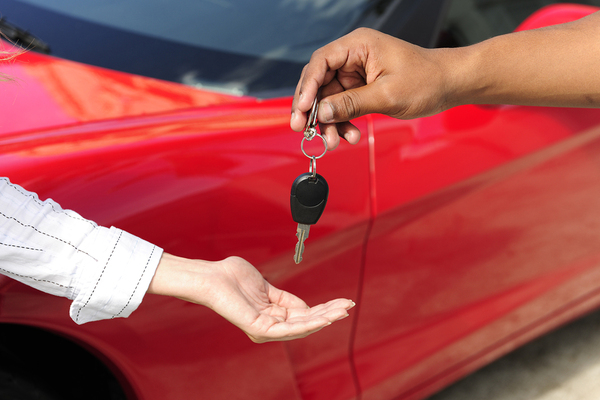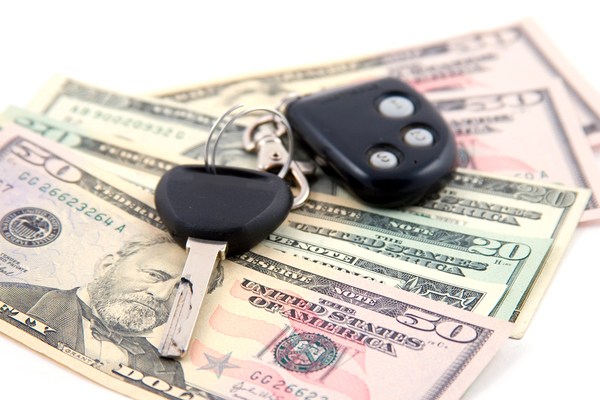Co-signing an Auto Loan? Five Things You Should Know
Co-signing an Auto Loan? Five Things You Should Know

Before you co-sign an auto loan, know the risks.
Should you co-sign an auto loan? Co-signing can be a good way to get an adult son or daughter on the road, or help out a friend. But it’s also something that needs to be done with care. Here’s what you should know before you sign on the dotted line.
It’s Not Always A Bad Thing
Co-signing an auto loan can sometimes be looked at as a bad thing. To be fair, co-signing a loan is generally only needed in cases in which a person’s financial situation is not strong enough for a bank or credit union to feel comfortable extending a loan. Essentially, the co-signer is collateral; if the primary loan applicant bails on the bills, the co-signer picks up the check.
But in truth, there are quite a few situations where it’s a common, even reasonable, strategy. It’s most commonly used in the case of somebody who either has no credit history (such as a young adult just starting out), or somebody who has recovered from a bad financial situation, but whose credit scores have not quite recovered yet. Co-signing can be a good way to help out a family member or a close friend in those situations.
You’re On The Hook
Keep in mind, when you co-sign a loan, you’re taking on the responsibility along with the person you’re helping. If that person misses payments, you’re going to be the one getting phone calls and potentially, depending how badly it goes, appearing in court to deal with the fallout. Anyone with whom you co-sign should be a person you fully trust, and the loan needs to be for an amount that’s not going to sting if it’s added to your budget.
What’s The Co-Signer’s Situation?
Before putting your signature on any paper, you should know the exact financial situation of the person with whom you’re signing. Does he or she have a job? Does the person have other financial commitments, like credit card bills or a bankruptcy? How is he or she with money?
This also applies to the car in question. Is it a practical car for the person’s needs? Is it the best price? How will the primary borrower pay for insurance? Does the care come with a warranty?
All of this is important to know because, again, you may find yourself dealing with the payments. If you do find yourself in that situation, it’s important to know just where you’ll stand if things go wrong.

Don’t find yourself paying for a car you don’t want.
Is This The Best Loan?
With co-signing, you’re essentially buying the loan along with the person you’re helping. Would you buy anything blind, with just anybody? Probably not, and especially in this situation, you should help your co-signer look through all the loans available and secure the best one for both of you.
Sometimes people who need a co-signer struggle with securing quotes or finding the best deal, so sit down with them and work out how and where to look for the best financing available.
Who’s The Financier?
Finally, just like any other contract you’re signing, it’s good to know with whom you’re in business. Check the bank or other financing operation thoroughly and make sure they’re on the up and up.
Co-signing should only be done with people you trust. But if you have that trust, it’s a great way to get somebody back on the road. For help finding the right car, subscribe to get alerts on vehicles in your area.


